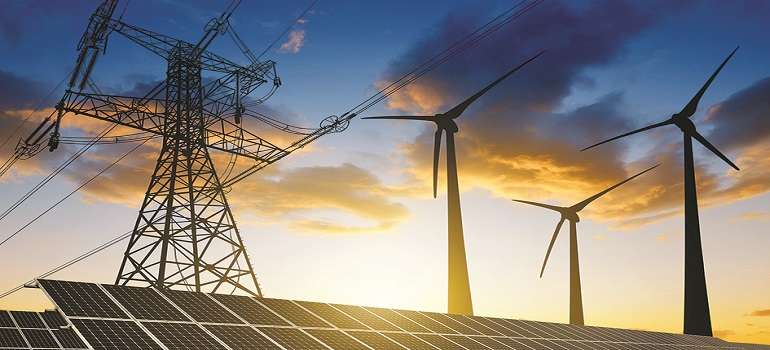
Indian Renewable Energy Development Agency (IREDA) and European Investment Bank (EIB) recently entered into 150 million euros loan agreement, that will benefit over 1.1 million households with clean energy.
IREDA, which is the financing arm of New and Renewable Energy Ministry, has signed the loan agreement for a second line of credit (LoC) on non-sovereign basis, an official statement today said.
It added that the line of credit is for tenure of 15 years, including a grace period of three years and will be used for financing renewable energy and energy efficiency projects in India.
EIB is the long-term lending institution of the European Union owned by its member states.
“More than 1.1 million households are expected to benefit from clean energy produced (through projects financed through the funds),” the statement said.
The agreement was signed by IREDA Chairman and MD K S Popli and W Hoyer, President of EIB. Power and New and Renewable Energy Minister R K Singh and MNRE Secretary Anand Kumar were also present on the occasion.
Singh said the government’s aim is to bring electricity to even the remotest places.
“We have decided to go green, as we have a responsibility to future generations and the planet,” he added.
Highlighting the renewable energy has now become economically viable, Singh said companies bidding for such projects are getting funds from all over the world.
Kumar pointed out that two factors – efficient technology and easy finance – are important for the success of renewable energy sector.
He expressed confidence that India will exceed its target of 175 GW renewable energy by 2022.
Popli said the EIB has extended this line of credit without insisting for sovereign guarantee from the Indian government, which shows their commitment and confidence in the sector.
Source: PTI
ALSO READ:
PM Modi and Emmanuel Macron inaugurates Uttar Pradesh’s biggest solar power plant in Mirzapur
PM Modi calls for concessional financing and less-risky funds for solar projects
ISA working for deployment of over 1000 GW of solar energy by 2030

